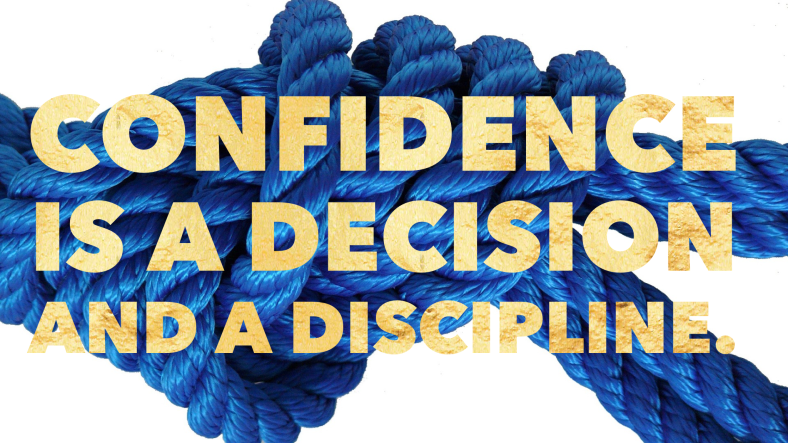
You have to know how to accept rejection and reject acceptance.
Ray Bradbury
Rejection is nothing more than a necessary step in the pursuit of success.
Bo Bennett
Perhaps you’ve sought these out, what you once thought of as author platitudes, but after receiving another rejection letter or email, discovered they have the ability to bring you comfort. They’re no longer feel-good trite, but ropes you can grab onto to pull yourself out of the deep hole of self-doubt, anger, pity, frustration and disappointment you’ve descended into.
Why is rejection so hard?
Rejection is difficult because it feels personal—that our our whole self is being rejected rather than the piece or manuscript we’ve submitted. It’s not just our writing, but our heart and soul and dreams and talents and abilities that have been rejected. It hurts.
But this isn’t the case. Really, it’s our writing that’s been rejected, and specifically just that piece.
I usually let myself sulk (aka grieve) for up to 24 hours before I get back to business, pushing aside the emotions and taking a good, hard, clinical look at my work to assess whether I can fix it or need to move on to the next piece.
It might also worth asking why we feel our entire self has been rejected. Dig deep. Could there some underlying self-esteem gap that needs attention? If you truly want to write, you’ll continue to write despite your confidence or what others think. You’ll do it because you have to. See this piece on Defining (Writing) Success—perhaps you need to redefine what it is for you?
A side note: There are editors and agents out there who feel they have the right to stick the knife in your back and turn and turn it around. You’ll recognise it if you come across it. Ignore this kind of destructive feedback—which is about them and not your work—taking on the constructive comments only. Publishing is, to a considerable extent, a subjective industry. Agents and publishers have power over you right now, but they aren’t gods.
How to deal with rejection: Accept Learn Progress
- Accept—If people weren’t willing to fail, new territory would not be traversed and creativity would cease to exist. Accept that rejection is an intrinsic part of learning and progressing. Some people wear it like a badge, and I can understand why, although you don’t want that to become your identity either. Also, remind yourself that to be rejected you created something whole. How many people can claim that?
- Learn—Seek feedback, whether you attend a writing group, call the agent or editor who rejected your work to get some feedback (yes, sometimes they will talk to you), do a free course, read a good how-to-write book, get a MS assessment done, or hire an editor or mentor. In other words, once you’ve licked your wounds, open yourself up again. You deserve it.
- Progress—Put what you’ve learned into practice. And I mean practice, practice, practice. It doesn’t matter if it takes you three manuscripts or fifty poems or twenty short stories or ten years to get to where you want to be with your writing. Just do it.
Most important of all is NEVER GIVE UP. Don’t let the doubters—be they internal or external—win.


